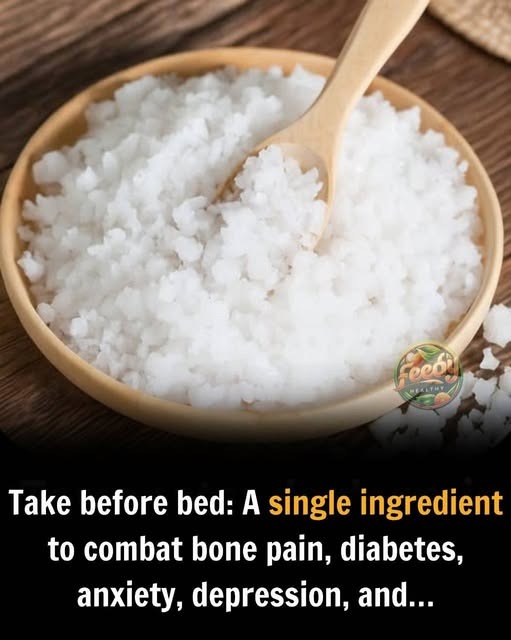Slower Digestion
Cold temperatures can cause blood vessels in the stomach to constrict, slowing circulation and reducing the speed of digestion. Food may stay in the stomach longer, leading to bloating or discomfort for some people.
Solidifying Fats
One of the most common claims is that cold water solidifies fats from the meal you just ate. While the body eventually warms everything up, this process can make it harder for the stomach to emulsify fats quickly. In turn, digestion becomes less efficient.
Extra Energy Demand
Your body has to work harder to bring the cold liquid back to body temperature (around 37°C / 98.6°F). This requires energy, which could otherwise be used for the digestion process.
Possible Heartburn or Discomfort
For some individuals, the sudden temperature change can trigger muscle spasms in the digestive tract, which may feel like mild cramping or even acid reflux.
Should You Avoid Cold Water Completely?
The good news is that drinking cold water isn’t dangerous for most healthy people. The body is very adaptable and will eventually balance out the temperature difference. However, if you often experience bloating, indigestion, or stomach pain after meals, switching to room-temperature or warm water could help ease those symptoms.
Healthier Alternatives
Drink warm water or herbal tea after meals to support digestion.
If you love cold drinks, wait at least 30 minutes after eating before reaching for ice water.
Try sipping water before meals instead of immediately after; this helps hydrate your body and can even support weight control.
SEE NEXT PAGE
ADVERTISEMENT

